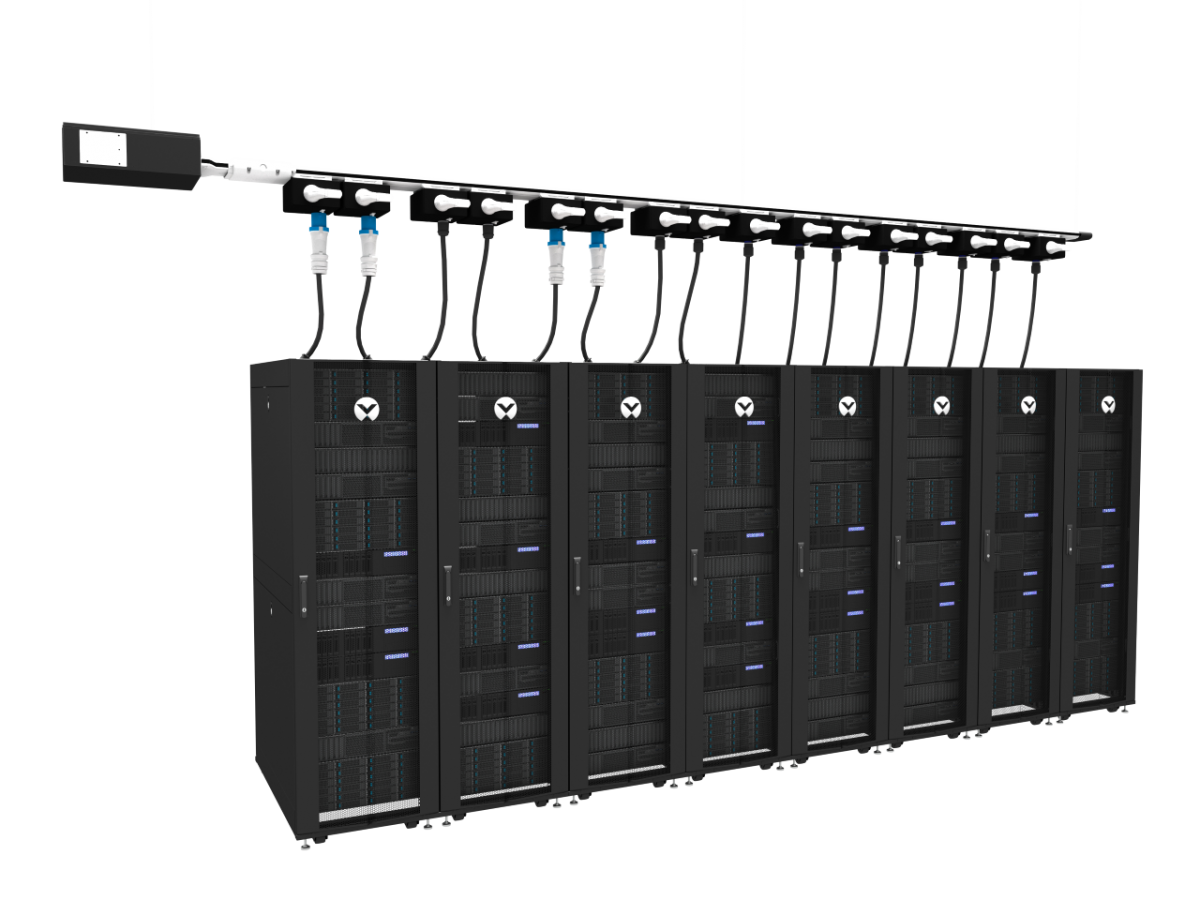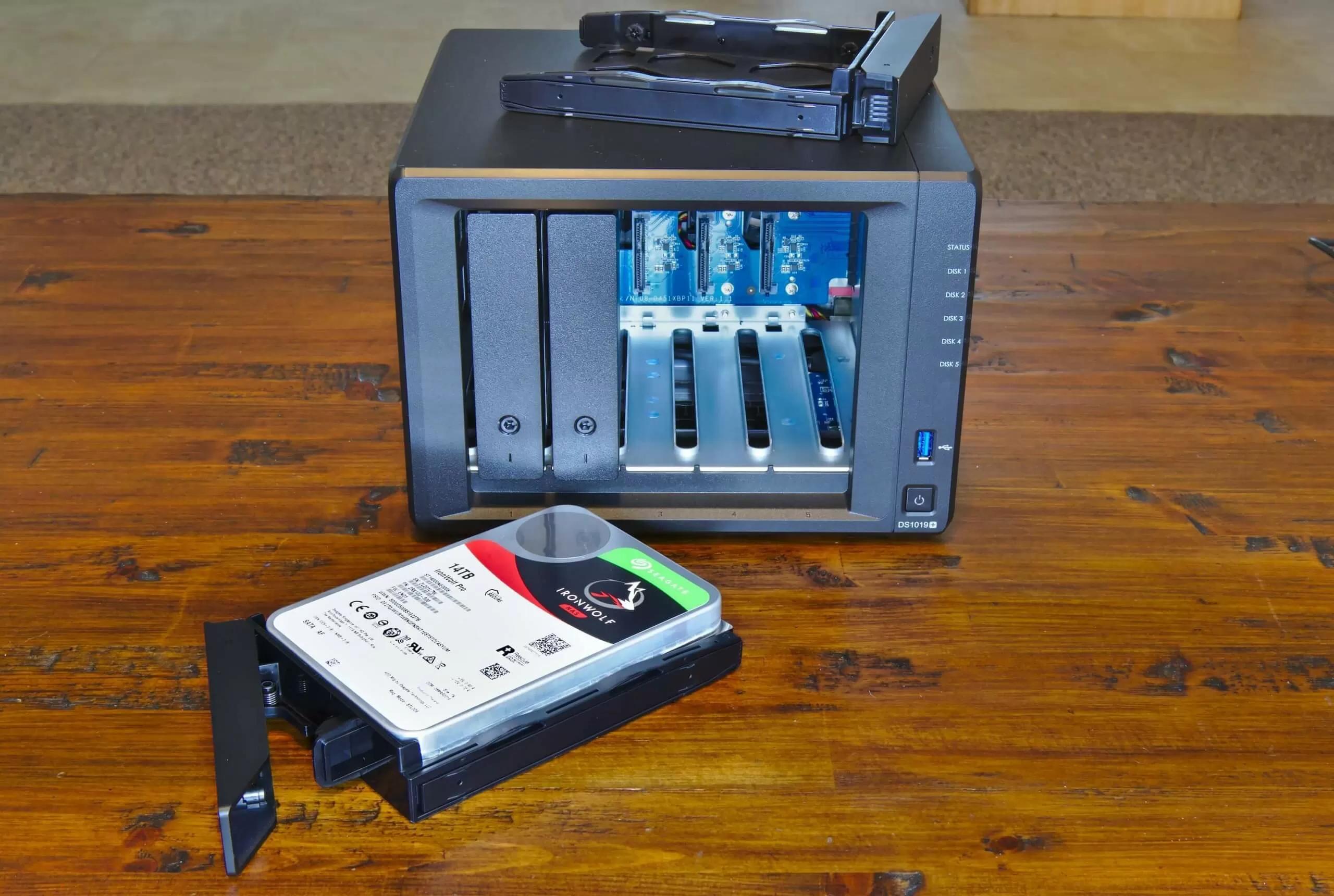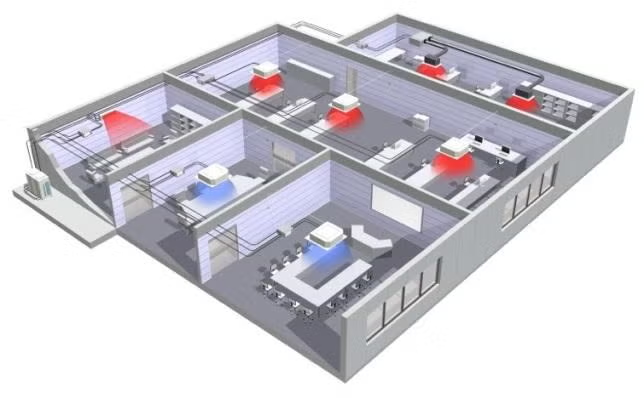
The global Remote Power Panel (RPP) Market size is predicted to reach USD 1.63 billion by 2030 with a CAGR of 4.9% from 2025 to 2030. The Netherlands, a frontrunner in sustainable energy adoption, is witnessing a transformative shift in its remote power panel (RPP) market. These systems, critical for managing and distributing electricity in data centers, industrial facilities, and utility applications, are becoming increasingly vital as the country grapples with its energy transition. Recent developments, including grid constraints, advancements in fuel cell technology, and the rise of data centers, are shaping the RPP market. This article explores the latest trends driving the Netherlands’ remote power panel market, focusing on innovation, infrastructure challenges, and their role in supporting the nation’s green ambitions.
The Role of Remote Power Panels in Data Centers
The Netherlands is a hub for data centers, with Amsterdam leading as a key location for global tech giants. The rapid growth of data centers, driven by the increasing demand for cloud computing and artificial intelligence (AI), has amplified the need for efficient power management solutions like remote power panels. These panels enable precise control and monitoring of electricity distribution, ensuring reliability for high-demand facilities. Recent reports highlight that the surge in data center development is a significant driver for the RPP market, as these facilities require robust systems to manage their substantial energy consumption.
Innovations in RPP technology, such as integration with smart sensors and real-time analytics, are enhancing their appeal. These advancements allow data centers to optimize energy usage, reduce downtime, and improve operational efficiency. In the Netherlands, where electricity demand from data centers is growing rapidly, RPPs are critical for balancing loads and preventing grid overloads, especially given the country’s ongoing electricity rationing policies.
Addressing Grid Congestion Challenges
The Netherlands’ ambitious shift away from gas-based energy has strained its electricity grid, with over 11,900 businesses and public facilities waiting for network access. This congestion, coupled with a shortage of 28,000 technicians, has created significant challenges for industries relying on stable power supplies. Remote power panels are emerging as a solution, offering modular and scalable power distribution that can be deployed in areas with limited grid capacity. These systems allow businesses to manage energy locally, reducing dependence on strained grid infrastructure.
Recent initiatives, such as the adoption of renewable energy sources for data centers, are further boosting the RPP market. For instance, companies transitioning to 100% renewable energy for their operations are integrating RPPs to manage solar and wind power inputs effectively. This trend aligns with the Netherlands’ commitment to the European Green Deal, which emphasizes clean energy solutions and carbon neutrality.
Advancements in Fuel Cell Technology
The integration of fuel cell technology into remote power panels is a notable trend in the Netherlands. Fuel cells, which generate electricity through chemical reactions, offer a clean and efficient alternative to traditional fossil-fuel generators. Dutch companies like Nedstack Fuel Cell Technology are at the forefront of this innovation, developing systems that support the country’s hydrogen infrastructure goals. These fuel cell-powered RPPs are particularly appealing for industrial and utility-scale applications, where high-capacity, low-emission power is essential.
Recent advancements in fuel cell materials, such as improved ceramics and sealing technologies, have enhanced the durability and efficiency of these systems. In the Netherlands, where climate policies are stringent, fuel cell-powered RPPs are gaining traction as a sustainable solution for backup power and off-grid applications, particularly in remote or rural areas.
Impact of AI and Data Center Growth
The global rise of AI is driving unprecedented energy demands, and the Netherlands is no exception. Data centers supporting AI workloads consume significant electricity, with consumption growing at a rapid pace annually. Remote power panels are critical for managing these high loads, offering features like real-time monitoring and load balancing to prevent outages. The Netherlands’ position as a data center hub, with over 135 facilities, underscores the importance of RPPs in ensuring operational continuity.
The integration of intelligent power modules (IPMs) into RPPs is another key development. These modules, which combine power electronics and control systems, enhance the efficiency and reliability of power distribution. In the Netherlands, where grid constraints limit new connections, IPM-equipped RPPs are helping data centers optimize their energy usage, reducing the risk of overloading the grid.
Sustainability and Market Opportunities
The Netherlands’ commitment to sustainability is a major driver of the RPP market. The country’s goal of achieving carbon neutrality has spurred investments in renewable energy and energy-efficient technologies. Remote power panels, particularly those integrated with solar and hydrogen-based systems, are well-positioned to capitalize on this trend. For instance, solar-powered RPPs are being explored for off-grid applications in rural areas, where grid access is limited.
The growth of the rental market for power equipment is another opportunity. Businesses, particularly in construction and agriculture, are increasingly opting for rented RPPs to meet temporary power needs without investing in permanent infrastructure. This trend is particularly relevant in the Netherlands, where grid constraints make flexible power solutions attractive.
Competitive Landscape and Global Influences
The Netherlands’ RPP market is influenced by both local and global players. Companies like ABB and Siemens are leading the charge with advanced RPP systems that incorporate smart technologies. Meanwhile, Dutch firms like Nedstack are driving innovation in fuel cell integration. The proximity to other European markets, such as Germany and France, which are also investing in clean energy infrastructure, is fostering collaboration and knowledge exchange.
Globally, the RPP market is seeing increased competition from Asian manufacturers, particularly in China, where cost-competitive solutions are gaining traction. This competition is pushing European companies to focus on quality, sustainability, and advanced features to maintain their market share. In the Netherlands, this dynamic is encouraging local manufacturers to innovate rapidly, particularly in the areas of thermal management and smart connectivity.
Conclusion
The Netherlands’ remote power panel market is undergoing a significant transformation, driven by the rise of data centers, grid congestion challenges, and advancements in fuel cell technology. As the country navigates its energy transition, RPPs are playing a critical role in ensuring reliable and efficient power distribution. The integration of smart technologies and renewable energy sources is enhancing their appeal, while the growth of AI and data center demands is creating new opportunities. Despite challenges like grid constraints, the RPP market is poised for growth, supporting the Netherlands’ vision of a sustainable and technologically advanced energy future.




















Write a comment ...